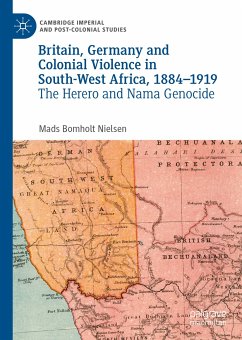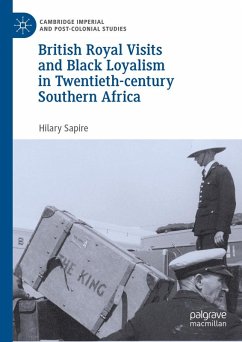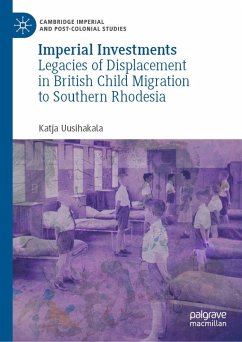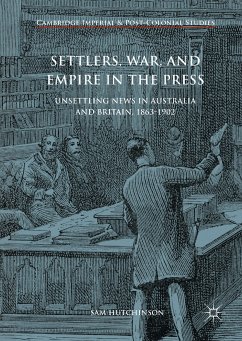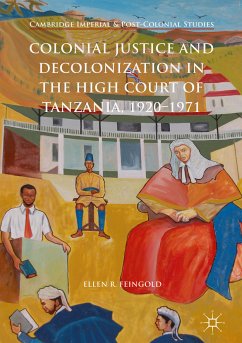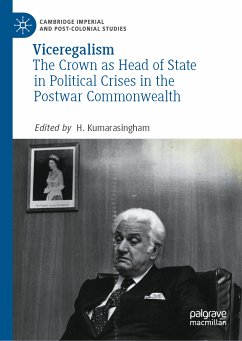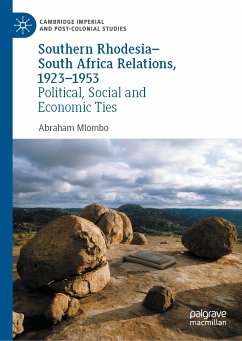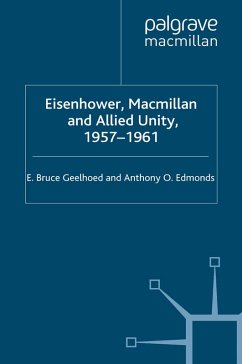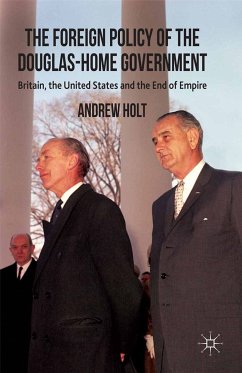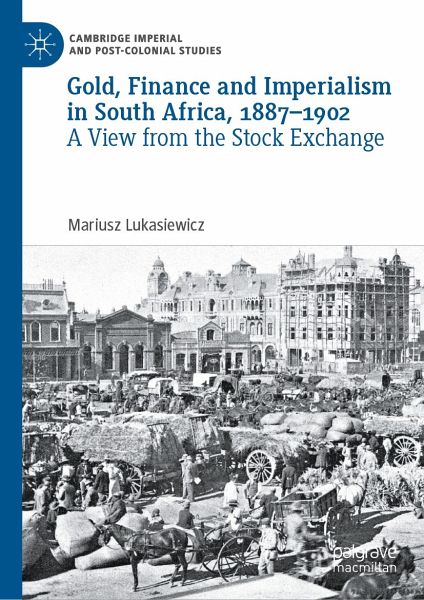
Gold, Finance and Imperialism in South Africa, 1887-1902 (eBook, PDF)
A View from the Stock Exchange
Versandkostenfrei!
Sofort per Download lieferbar
96,95 €
inkl. MwSt.
Weitere Ausgaben:

PAYBACK Punkte
48 °P sammeln!
This book provides a unique account of the financial and political history of the South African War by analysing the organisation and operations of the Johannesburg Stock Exchange (JSE), the oldest existing stock exchange in the African continent. Identifying the JSE as the nexus between international finance, South African gold mining and British imperialism, the book exposes the financial and political connections between Johannesburg, Pretoria, London, and Paris during the final stage of the imperial 'scramble for southern Africa.' Gold mining presented the South African Republic (ZAR) and ...
This book provides a unique account of the financial and political history of the South African War by analysing the organisation and operations of the Johannesburg Stock Exchange (JSE), the oldest existing stock exchange in the African continent. Identifying the JSE as the nexus between international finance, South African gold mining and British imperialism, the book exposes the financial and political connections between Johannesburg, Pretoria, London, and Paris during the final stage of the imperial 'scramble for southern Africa.' Gold mining presented the South African Republic (ZAR) and the whole southern African regional economy with a long-term economic future and new prospects of industrialisation. However, this socio-economic transformation was dependent on extensive capital investments and the institutionalisation of a coercive labour regime based on racial discrimination. This monograph provides the first empirical examination of how international finance, imperial politics, and racialised industrial relations became entrenched in a key financial intermediary in colonial South Africa - first in Kimberley in the Cape Colony, and then in Johannesburg in the ZAR. By studying the Johannesburg capital market's social microstructures, the author demonstrates how colonial and international financial intermediaries underwrote and financed the largest wave of mining investments in Africa prior to the First World War. Filling an important gap in literature on nineteenth-century British imperialism and Anglo-African-Afrikaner relations, this insightful book uses the JSE as a lens to carefully expose the structures and agency of global finance in the outbreak of the South African War, and the making of South Africa as a unified colonial state.
Dieser Download kann aus rechtlichen Gründen nur mit Rechnungsadresse in A, B, BG, CY, CZ, D, DK, EW, E, FIN, F, GR, HR, H, IRL, I, LT, L, LR, M, NL, PL, P, R, S, SLO, SK ausgeliefert werden.



